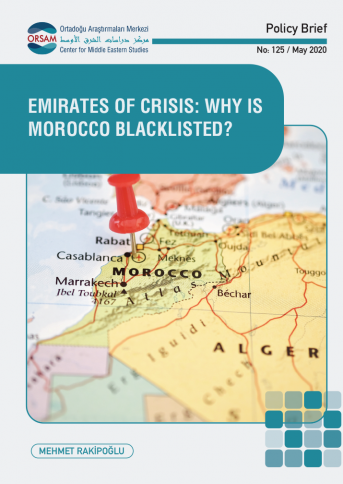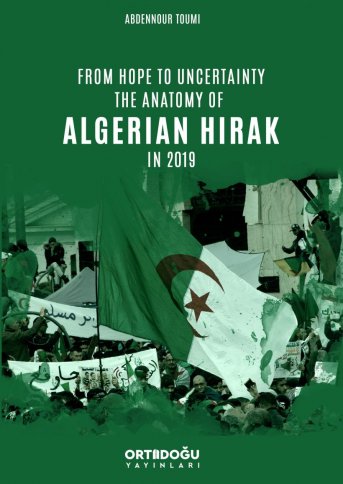
Emirates of Crisis: Why is Morocco Blacklisted?
The recent foreign policy assertiveness of the United Arab Emirates (UAE) has contributed to chaos and caused instability not only in the Middle East but also in the other regions of the world. Over the last years, the UAE have backed separatist movements in southern Yemen, opened a new chapter by establishing a new relationship with the brutal Assad regime, taken responsibility for the coup in Egypt by financing it, launched a shameless pro-Israeli campaign in the Arab world at the expense of betraying the Palestinian cause, and defended Khalifa Haftar, who has been trying to topple the legitimate government in Libya, which was recognized by international community. These are only small portions of the UAE’s aggressiveness in the region. Why has the UAE transformed its foreign policy? Even though it is not a regional power, the UAE has had to adopt a new foreign policy mentality due to developments that took place after 2010.
With the Arab revolutions that erupted in the late 2010s, the overthrowing of dictators such as Mubarak of Egypt and Zeynel Abidin bin Ali of Tunisia had shocked the Gulf. In addition, Obama’s silent reaction deepened the concerns among Gulf rulers about a crisis in regime security. In this sense, the Gulf countries have developed a new policy without completely abandoning their close cooperation with the US. Accordingly, Gulf countries, which deepened their relations with actors such as England, France, China and Russia, increased their military capacities and started to become detached/free actors. In this sense, while Saudi Arabia intervened in Yemen in 2015, the UAE started to carry out many unilateral activities in the region. Although it is claimed that the UAE’s recent activism has been shaped by the US, the fact that Abu Dhabi is getting closer with the Assad regime and Iran from time to time seems to refute this claim. Therefore, the UAE intends to punish all actors acting against Abu Dhabi’s interests. After Qatar and Turkey. Morocco is the latest target of the UAE’s unusual foreign policy tools.







